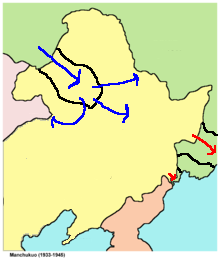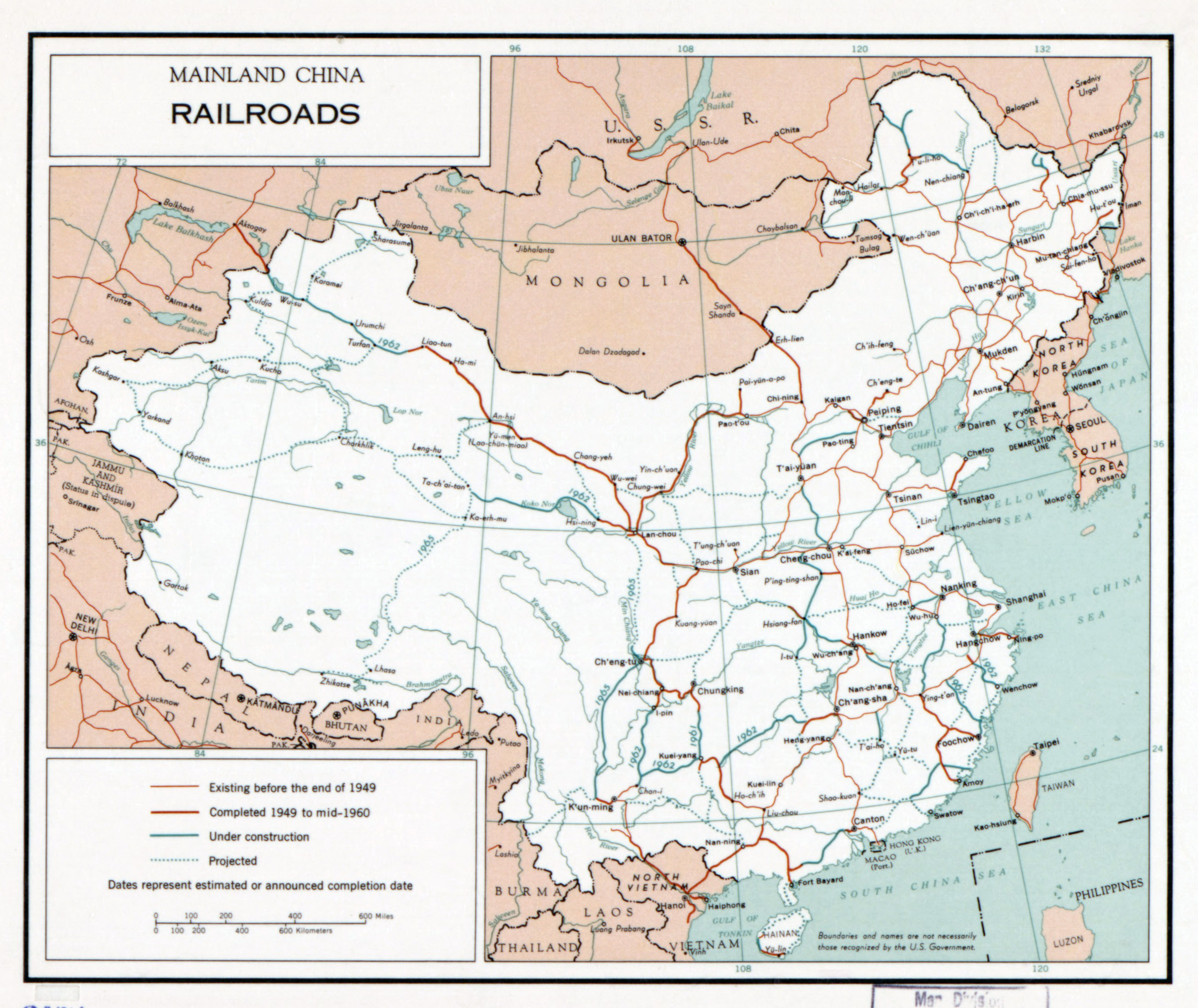Chapter 3.1: The Sino-Soviet War Begins, July-Sept. 1969.
On July 17, 1969, The heavy artillery guns the Chinese had brought in (the defeat by the Russians was chalked up to the large amounts of hidden, heavy guns) began firing. Because it was only 2 AM, most of the Soviets were caught off guard. The Chinese had brought in much better officers for this assault, along with more troop transports. The Chinese plan, however, was much more complex than this. The plan involved cutting off Vladivostock from supply and therefore (hopefully) getting a big victory to make the Soviets call for a ceasefire. The Soviet plans focused on the North (as the USSR had better winter/cold weather troops), and included encircling Chinese armies and medium-sized cities and then continuing on to Harbin and Changchun.

About one hour after the initial bombardment, thousands of Chinese soldiers in water-proof troop transports came across the river. However, the Chinese had another trick up their sleeves. Before the bombardment commenced, Chinese elite forces snuck onto the island and placed bombs around the Soviet fortifications. While some of the bombs were discovered, the vast majority weren’t. The bombs weren’t very powerful, but they distracted the Soviets. The Third Battle of Zhenbao Island lasted just over five hours, and the Chinese ended up pushing the Russian out with superior numbers and the element of surprise. Later that month, both countries began their main offensives. The Chinese pushed east, half-encircling Vladivostok by the end of August. The Russians pushed south, although they made sub-par progress by the end of the next month.
Xinjiang hadn’t seen much war or devastation yet (emphasis on yet). For the most part, Manchuria was the main front. However, the Soviet-backed rebels began an insurrection, taking over various towns and villages throughout. By the current date in the TL (1st of September, 1969), the Chinese are already withdrawing from the small incursions they made into Soviet territory.
Frontlines, c. September 1, 1969
Yeah Yeah Yeah. I know this one was short, but I'm splitting chapter 3 into three or four parts, so the beginnings to the war can be better understood. Feedback is appreciated.
